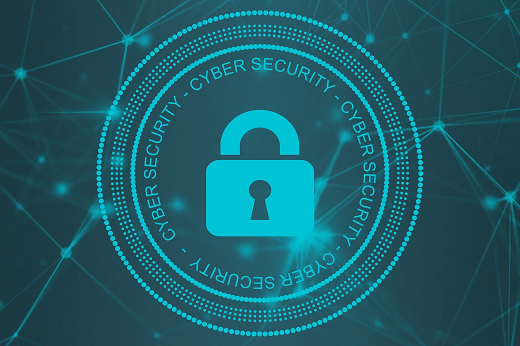Difference Between Endpoint Security EDR and Antivirus
Did you know that cyberattacks, online threats, and malicious activities hit businesses every day?
Each day, there is a malicious attempt to get into an organization's system or to breach the information system of another individual or enterprise. Through this, hackers or online predators gain valuable files or data that they can take advantage of.
As a result, the victim's network, services, and operations will be disrupted. We all know what will happen next: this incident will result in lost revenue. That said, an organization should equip its whole ecosystem with a tool that can protect its network and data. This is where antivirus and endpoint security (EDR) come in, and these two solutions offer different levels of endpoint security.
Before jumping into their differences, let's have a deeper understanding of their capabilities first.
What is Endpoint Security EDR?
Also known as endpoint threat detection and response (ETDR), EDR is an integrated endpoint security solution that allows organizations to monitor and collect all end-user data.
With this unique capability, organizations that have EDR can detect and investigate suspicious activities on hosts and endpoints. This gives the endpoint security team an enhanced tool that can automatically identify, detect, and respond to any threats. Simply put, EDR is a solution that monitors end-user devices for any suspicious endpoint activity and responds accordingly.
Here are the critical functions of an endpoint security EDR tool:
- Analyze the collected data from endpoints that could bring threat to the entire system;
- Identify its endpoint threat patterns;
- Respond to identified threats and remove or contain them;
- Alert the endpoint security team about the gathered data that could indicate a threat; and
- Look for suspicious activities.

Having these essential features, endpoint security solutions can play an important role in preventing and endpoint security detecting several forms of endpoint security attacks. It also endpoint security enables an organization to have an integrated hub that collects, correlates, and analyzes the gathered data that might disrupt businesses' operations.
What is Antivirus?
Unlike endpoint security EDR solutions, antivirus offers simpler protection with limited scope. It can be defined as a single endpoint security solution that serves basic endpoint security features, such as scanning, detecting, and removing endpoint security viruses and other malware.
Endpoint security Antivirus works well for personal use, as it can look at the behavior of an installed file or process as well. However, for small and large enterprises, antivirus is not enough as it falls short of providing adequate security against the most sophisticated threats to this date.
And because its primary method of detection or protection is the signature base, it won't provide your Endpoint IT security team with an efficient tool to monitor all connected devices to your Endpoint network.
As a result, your organization might suffer from signature-less or file-less threats, which are becoming more common today. Moreover, antivirus is only best for environments that have a smaller network with unencrypted data flows and basic threats.
Difference Between Endpoint Security EDR and Antivirus
If you will compare an endpoint security EDR tool with antivirus software, you will notice that some of their capabilities overlap. One reason behind this is that the antivirus can simply be part of an EDR solution's wide range of offerings.
Here are the differences between EDR and antivirus:
EDR
- EDR includes real-time monitoring and detection of threats and malicious activities, including those that may not be detected or recognized by standard antivirus software.
- An endpoint security EDR tool is behavior-based, hence, it can detect unknown or fileless threats, based on its abnormal activity and behavior.
- It uses its gathered data to analyze and determine threat patterns.
- It alerts your Endpoint IT security team if it detects threats.
- It can have the ability to determine what happened during a cyberattack.
- An endpoint security EDR solution can isolate suspicious or infected data or files, ensuring that your organization's operations and services won't be disrupted.
- It includes automated remediation or removal of threats.
ANTIVIRUS
- Endpoint Antivirus is signature-based, hence, it can only detect and protect your device from threats that are already known.
- It can provide you with a scheduled or regular scanning of Endpoint-protected devices, making sure that it contains no harmful files or known threats.
- It can help your Endpoint IT security team in removing basic viruses, such as worms, trojans, malware, adware, spyware, and more known threats present in protected devices.
- Endpoint Antivirus software can also alert you about possible malicious activities or sites.
Do You Need Them Both? - Endpoint Security EDR and Antivirus
Your organization can take advantage of both the expertise of EDR solutions and Endpoint antivirus software. When you do this, you can boost your immunity and protect your users and corporate assets from Endpoint attacks. Contact Xcitium EDR now to get your EDR Security software.
